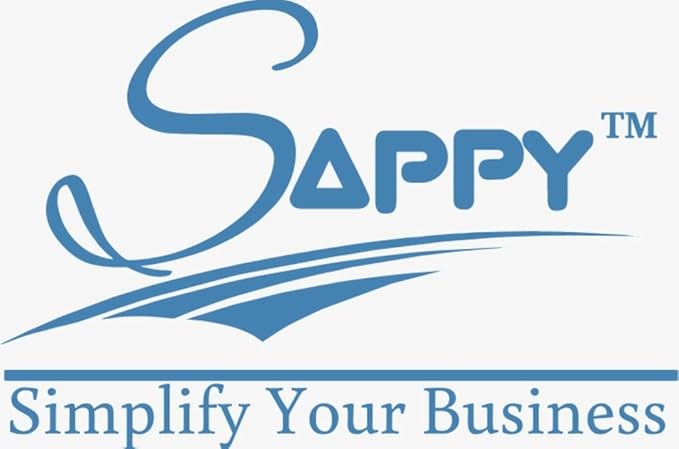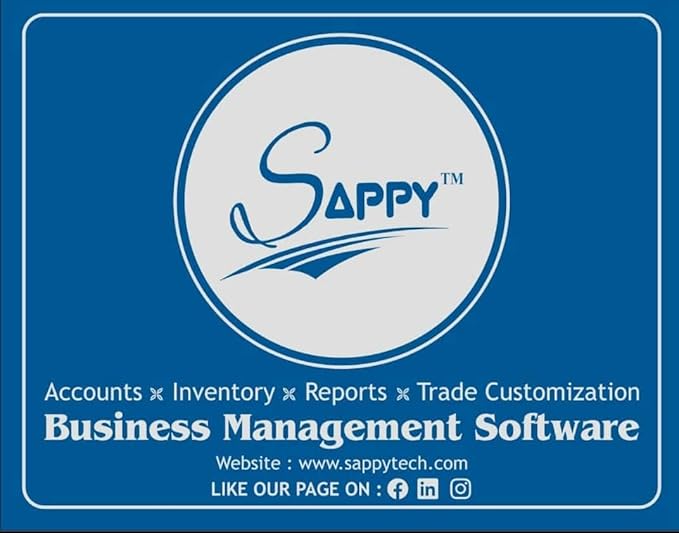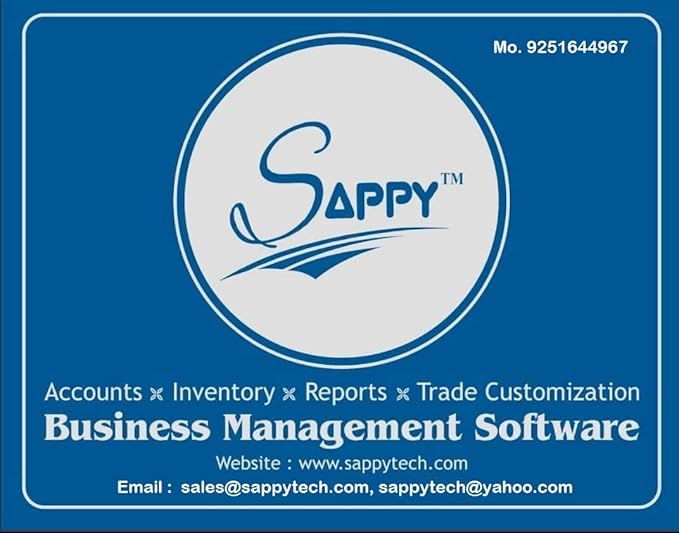GST ,ACCOUNTING, STOCKING FREE DOWNLOAD
The Goods and Services Tax (GST) is a significant reform in the Indian taxation system, aimed at integrating various indirect taxes into a single tax structure.
Overview of GST, Accounting, and Stock Management

Implemented on July 1, 2017, GST has transformed the way businesses operate by ensuring transparency and efficiency. This article delves into the intricacies of GST, its implications for accounting practices, and effective stock management strategies.
Understanding GST and Its Importance
GST simplifies the tax structure by replacing multiple indirect taxes such as sales tax, service tax, and VAT with a single tax. This eliminates the cascading effect of taxes, thereby making products and services more affordable for consumers. The introduction of GST also aims to enhance compliance and reduce tax evasion. Businesses must understand the GST framework to ensure compliance and optimize their tax liabilities.
The Role of Accounting in GST Compliance
Proper accounting practices are essential for businesses to comply with GST regulations. Companies must maintain accurate records of sales, purchases, and expenses. This includes generating GST invoices, filing returns, and maintaining a tax ledger. Accounting software tailored for GST can streamline this process, helping businesses stay compliant and avoid penalties. Regular audits and reconciliations are also vital in ensuring that financial records align with GST filings.
Effective Stock Management Under GST
Stock management is crucial for businesses to maintain an efficient supply chain and manage inventory costs. With the introduction of GST, businesses must adapt their stock management strategies to account for the new tax implications. This includes understanding how GST affects the cost of goods sold and inventory valuation. Implementing an inventory management system can help businesses track stock levels in real-time, ensuring they can meet demand without overstocking.
Integration of GST in Accounting Software
Modern accounting software has evolved to incorporate GST compliance features. These tools help businesses automate invoicing, track GST liabilities, and generate reports for filing returns. By integrating GST functionalities, businesses can reduce manual errors and save time in their accounting processes. Popular software options include Tally ERP, Zoho Books, and QuickBooks.
Best Practices for Accounting and Stock Management
To optimize accounting and stock management under GST, businesses should adopt best practices such as:
- Regular Training: Ensure that your accounting team is well-versed in GST regulations.
- Automated Systems: Use accounting software to automate processes and reduce errors.
- Inventory Audits: Conduct regular audits of inventory to ensure accuracy.
- GST Filing Reminders: Set reminders for filing GST returns to avoid late fees.
Challenges in GST Compliance
Despite its benefits, businesses face challenges in complying with GST regulations. Common issues include the complexity of GST filing, understanding the classification of goods and services, and managing transitional provisions. It is essential for businesses to stay updated with the latest GST amendments to navigate these challenges effectively.

The Future of GST and Business Management
As GST continues to evolve, businesses must remain adaptable to changes in regulations. The integration of robust accounting practices and efficient stock management systems will be critical for companies looking to thrive in this new tax landscape. By leveraging technology and best practices, businesses can ensure compliance and optimize their operations, paving the way for sustainable growth.
Features of GST Accounting Software
- Automated GST Calculations: Simplifies tax calculations for sales and purchases.
- Real-Time Reporting: Offers insights into GST liabilities and filing statuses.
- Integration with Banking: Facilitates seamless banking operations for payments and receipts.
- User-Friendly Interface: Makes it easy for users to navigate and manage accounts.
- Multi-User Access: Allows multiple users to work on the same platform securely.
- Mobile Access: Access accounting data from mobile devices.
- Customizable Invoicing: Tailor invoices to meet business needs.
- Data Backup and Recovery: Ensures data security and retrieval options.
- Tax Compliance Updates: Regular updates on GST laws and regulations.
Technical Specifications of This Release
- Version: 1.0
- Interface Language: English
- Designed by: XYZ Software Solutions
- Type of Software: Accounting and Inventory Management
- Audio Language: English
- Uploader / Repacker Group: ABC Group
- File Name: gst_accounting_software.zip
- Download Size: 50 MB

System Requirements for PC
Minimum Requirements
- OS: Windows 7 or later
- RAM: 2 GB
- Processor: Intel Core i3 or equivalent
- Storage: 100 MB free disk space
Recommended Requirements
- OS: Windows 10 or later
- RAM: 4 GB
- Processor: Intel Core i5 or equivalent
- Storage: 200 MB free disk space
Steps to Download and Install the Software
- Click on the above download button to download the setup file.
- Locate the downloaded file and extract it using a ZIP utility.
- Run the setup file and follow the installation instructions.
- Use the password provided in the download link to activate the software.

Leave a Reply